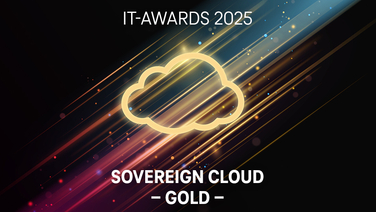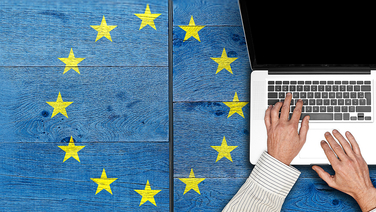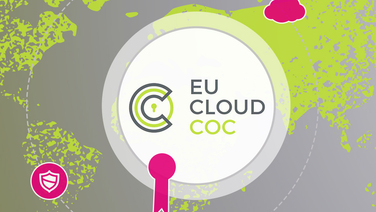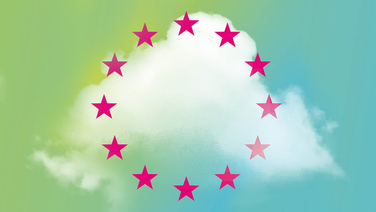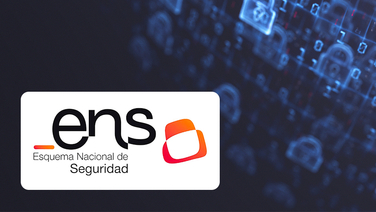
New certificate: Esquema Nacional de Seguridad
Esquema Nacional de Seguridad – with certification under the essential Spanish sovereignty standard, the Open Telekom Cloud further strengthens its position as a European cloud platform. It can now also be offered in Spain for IT projects in the public sector.
